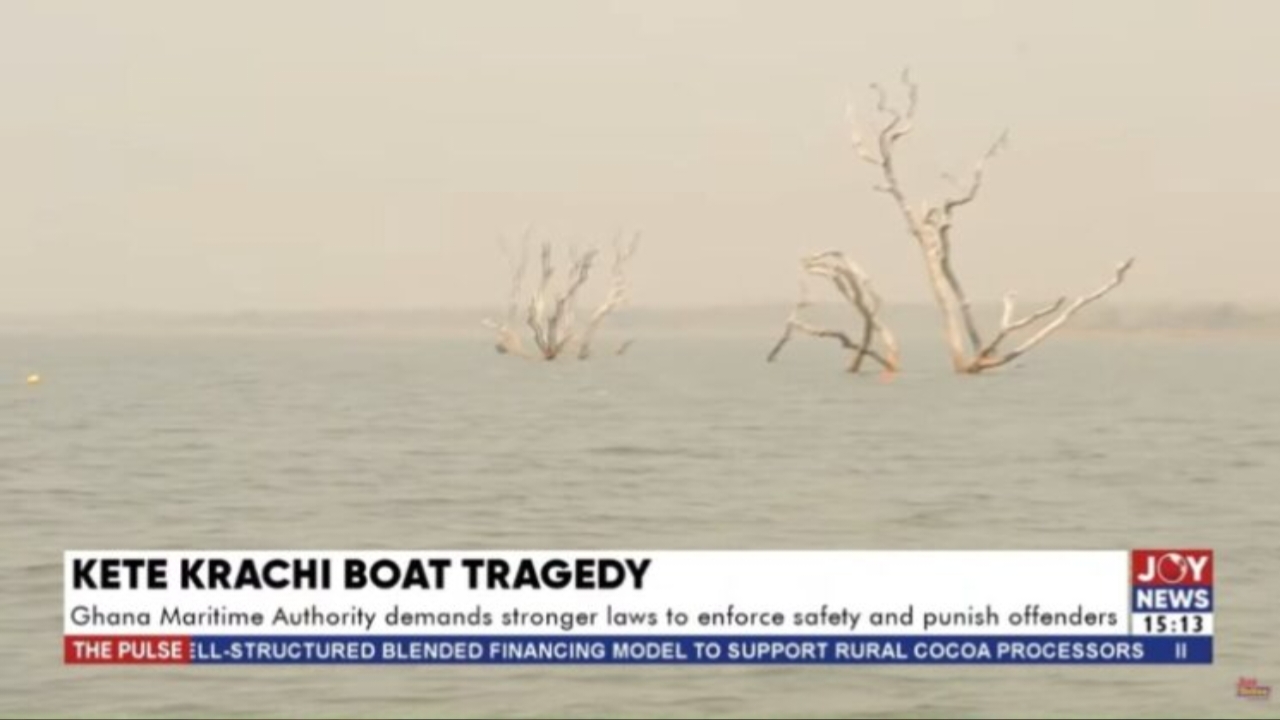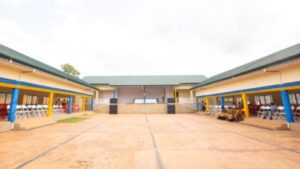Sixteen people died last Saturday in a tragic boat accident on the Volta Lake, leaving families and communities in deep sorrow. Among the victims were four members of one family — two siblings, their mother, and a niece — a heartbreaking loss that renewed concern over lake transport safety.
Amid the grief, a story of courage and survival stood out. Sixty-one-year-old Ezugah Apenuzornya, an experienced boat operator, used his skills to rescue his granddaughter Belinda Ayikpa, her six-month-old baby Xorse Akpatsu, and himself. His bravery helped save eight passengers in total.
Belinda, an 18-year-old petty trader, told Daily Graphic that she boarded the boat with 23 others from a fishing island heading to Debu for a funeral. The boat suddenly capsized, throwing everyone into the water. She clung to the wreck with her baby tied to her chest, watching helplessly as others struggled to stay afloat. Guided by her grandfather’s calm voice, the survivors cried for help until another boat arrived. After several tense minutes, rescuers pulled them from the strong current.
Vice-President Professor Naana Jane Opoku-Agyemang visited the community days later. She described the Volta Lake disaster as a national tragedy and expressed sympathy to the victims’ families. To improve safety, she donated 650 life jackets and promised more government support for the affected communities.
In Okuma Island near Kete-Krachi, cultural traditions deepened the sorrow. Locals believe accident victims bring misfortune, so they cannot be buried on the island. Families must dig graves elsewhere, far from home. The custom, once meant to protect the community from bad luck, now adds more pain to their mourning.
After the visit, Belinda appealed to the government for help. She asked for clean drinking water, electricity connection to the national grid, and more teachers for local schools. She explained that many children still cross the river daily to attend classes, and the lack of teachers slows learning.
Her story reflects the struggle of a community facing both loss and neglect. The Volta Lake disaster again highlights the urgent need for safer water transport and stronger support for Ghana’s lakeside communities.




